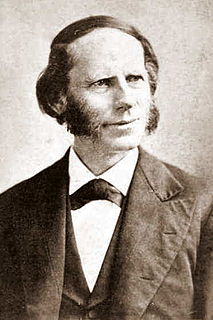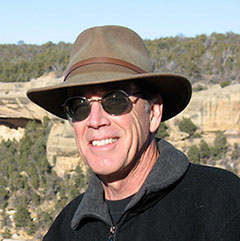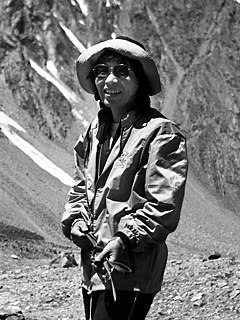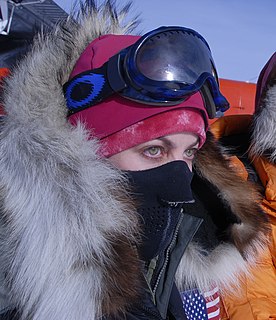A Quote by Stacy Allison
Everest wasn't like any other mountain. Only one of ten climbers who attempt the mountain stands on the summit. And for every three climbers who do scale the mountain, one dies trying. The facts aren't welcoming. But you don't plan a trip to Everest believing those facts will apply to you.
Related Quotes
Everest has a special place in all of our imaginations. For centuries, Everest was a little bit like the moon. It was the place where everyone wanted to go. Empires wanted to be able to say that they were the first to put a climber on top of Everest. So when a tragedy happens up on that mountain, I think it has a global resonance. Everybody's heard of Everest. Everybody knows what Everest is and what it means, and the significance.
An iceberg is water striving to be land; a mountain, especially a Himalaya, especially Everest, is land's attempt to metamorphose into sky; it is grounded in flight, the earth mutated--nearly--into air, and become, in the true sense, exalted. Long before she ever encountered the mountain, Allie was aware of its brooding presence in her soul.
When the climbers in 1953 planted their flags on the highest mountain, they set them in snow over the skeletons of creatures that had lived in the warm clear ocean that India, moving north, blanked out. Possibly as much as twenty thousand feet below the seafloor, the skeletal remains had turned into rock. This one fact is a treatise in itself on the movements of the surface of the earth. If by some fiat I had to restrict all this writing to one sentence, this is the one I would choose: The summit of Mt. Everest is marine limestone.
The best climbers no longer go to the 8000ers, but to the most difficult mountains in the world which are 6000 or 7000-meter-peaks. There they find any kind of playground. But it is a pity that the really good climbers have fewer opportunities to finance their expeditions because so much attention is taken away by the Everest tourists.
If the bones of all those who have fallen as a prey to intemperance could be piled up it would make a vast pyramid. Who will gird himself for the journey and try with me to scale this mountain of the dead--going up miles high on human carcasses to find still other peaks far above, mountain above mountain, white with the bones of drunkards.
Never let failure discourage you. Every time you get to the base of a mountain (literal or metaphorical), you're presented with a new opportunity to challenge yourself, to push your limits beyond what you thought possible, to learn from climbers on the trail ahead of you, and to take in some amazing views. Your performance on the mountain you climbed last week or last month or last year doesn't matter - because it's all about what you are doing right now.































